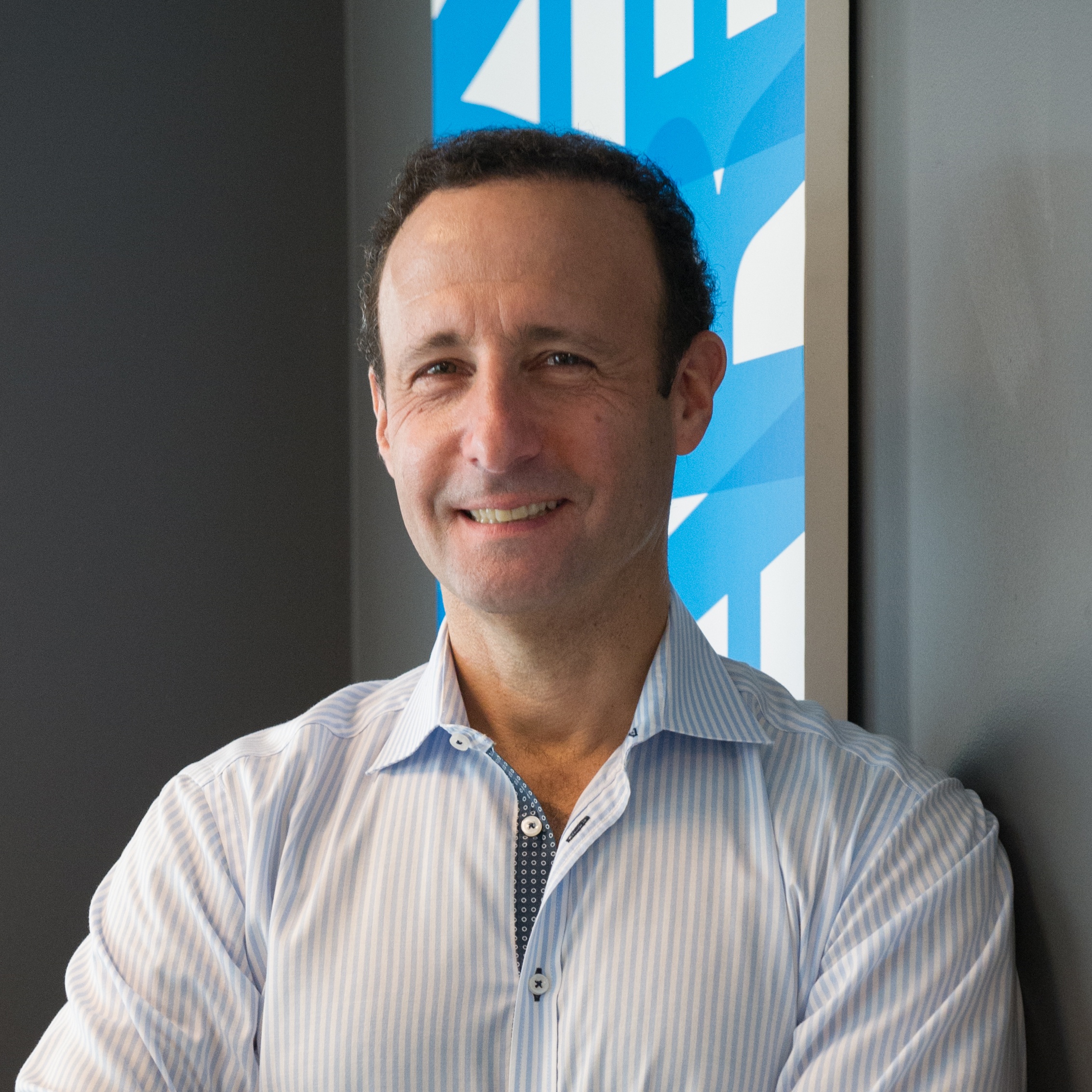Optimising workforces on a global basis

“There is a real need to have a global view of your organisation to understand jurisdiction requirements by geography, so that you can plan and react as rules change.” – David Ossip, Chairman and Co-CEO of Ceridian.
As pandemic restrictions continue to be lifted around the world, many employees are relishing the opportunity to re-connect with colleagues on a more regular basis as the return to office accelerates.
Describing this as the start of “something positive”, David Ossip, Chairman and Co-CEO of Ceridian said, “There is a desire of people to connect in-person and face to face again, but at the same time, people have become accustomed to the better work-life balance afforded when they have the flexibility to work from home.”
Speaking exclusively to HRM Asia when he was in Singapore recently, Ossip identified two groups of employees – those who were employed prior to the pandemic and those who started work during the pandemic.
“For the former, you typically find that they have strong bonds to the organisation and their colleagues. For individuals who joined during the pandemic, interaction has mostly been virtual, and this creates a different type of identity and relationship both with the organisation and its people,” he explained.
Moving forward, Ossip envisions a hybrid workplace where people come together to collaborate, connect, discuss, and manage projects while simultaneously having the flexibility to do a lot of their work remotely.
Highlighting the need for organisations to optimise their workforce to keep pace with an increasingly borderless world of work, he added, “There is a real need to have a global view of your organisation to understand jurisdiction requirements by geography, so that you can plan and react as rules change.”
Strong leadership and leading technology help Ceridian grow in Asia
To succeed in any market, organisations must understand the conditions that are prevailing locally, including cultures and the way people work. Otherwise, they risk bringing solutions that do not meet market needs, particularly in a region as diverse as Asia.
A successful approach that Ceridian has adopted is to establish a very strong local leadership that ensures autonomy around product and technology. “This also includes autonomy around services and customer support, as well as sales and marketing, while leveraging shared services and in our case, the Dayforce technology that we deploy on a global basis,” said Ossip.
In Asia, which is now one of Ceridian’s fastest growing regions, the company services about 2.5 million people in markets including Singapore, South Korea, and the Philippines through its Dayforce platform, which not only offers deep functionality but also helps organisations easily navigate complex legal and regulatory environments while maintaining compliance.
Ossip added, “When we develop technology, we use a framework called quantifiable value that identifies the KPI that we are going to impact with that particular module, and we make sure that KPI is measurable and can be converted into a monetary benefit for the organisation.”
For instance, Dayforce Wallet, Ceridian’s industry-first, on-demand pay solution, is enabled by an always-on payroll engine that continually calculates an employee’s wages when they have completed work and shows how much the person is owned net of all deductions and taxes.
Ossip continued, “The benefit for the individual is that most people bridge their finances paycheck to paycheck. If you get a direct deposit every month or every two weeks and you get bills that are happening in between, you either use your credit card or another line of credit. Giving employees more financial flexibility by giving them access to the money they have already earned alleviates some of that stress.”
On course to make work life better
Besides offering on-demand access to wages for employees, Dayforce Wallet was also developed with the goal of positively impacting the retention of employees.
After the first 150 customers went live with Dayforce Wallet, Ceridian saw an over 20% reduction in voluntary attrition rate across “wallet holders” and “non-wallet holders”.
Ossip shared, “Customers who have deployed the Dayforce Wallet are more likely to be able to attract people, hold on to them during the first 90 days and beyond.”
Trusted by over 5,400 employers worldwide, and in line with Ceridian’s brand promise of Makes Work Life Better, Dayforce helps organisations improve employee engagement through pulse and engagement surveys. Dayforce also leverages sentiment analysis engines to measure the feelings of employees, and provides detailed analytics across various organisational levels, demographics, and age bands.
Dayforce also provides a robust set of compensation management tools that allows the allocation of marital bonus and equity compensation across the organisation.
READ: Supporting a global and connected workforce with HCM
“Around the different types of human capital management (HCM) measurements, we can forecast where that measurement is going. If you have a particular metric that you would like to not exceed, we are able to nudge you into action by forecasting that you are going to exceed that threshold,” said Ossip.
The future of work is about connecting people
After a hugely successful 2021 that saw Ceridian pass US$1 billion in revenue, and with Dayforce’s recurring revenue growing over 30% year-over-year, Ossip is expecting Ceridian to continue growing in 2022, together with their customers.
Expressing his personal excitement in being able to meet both Ceridian employees, customers, and partners in-person, Ossip declared, “It’s all about connecting people as opposed to housing people, and I expect this type of configuration to become the new normal as we go forward.”



